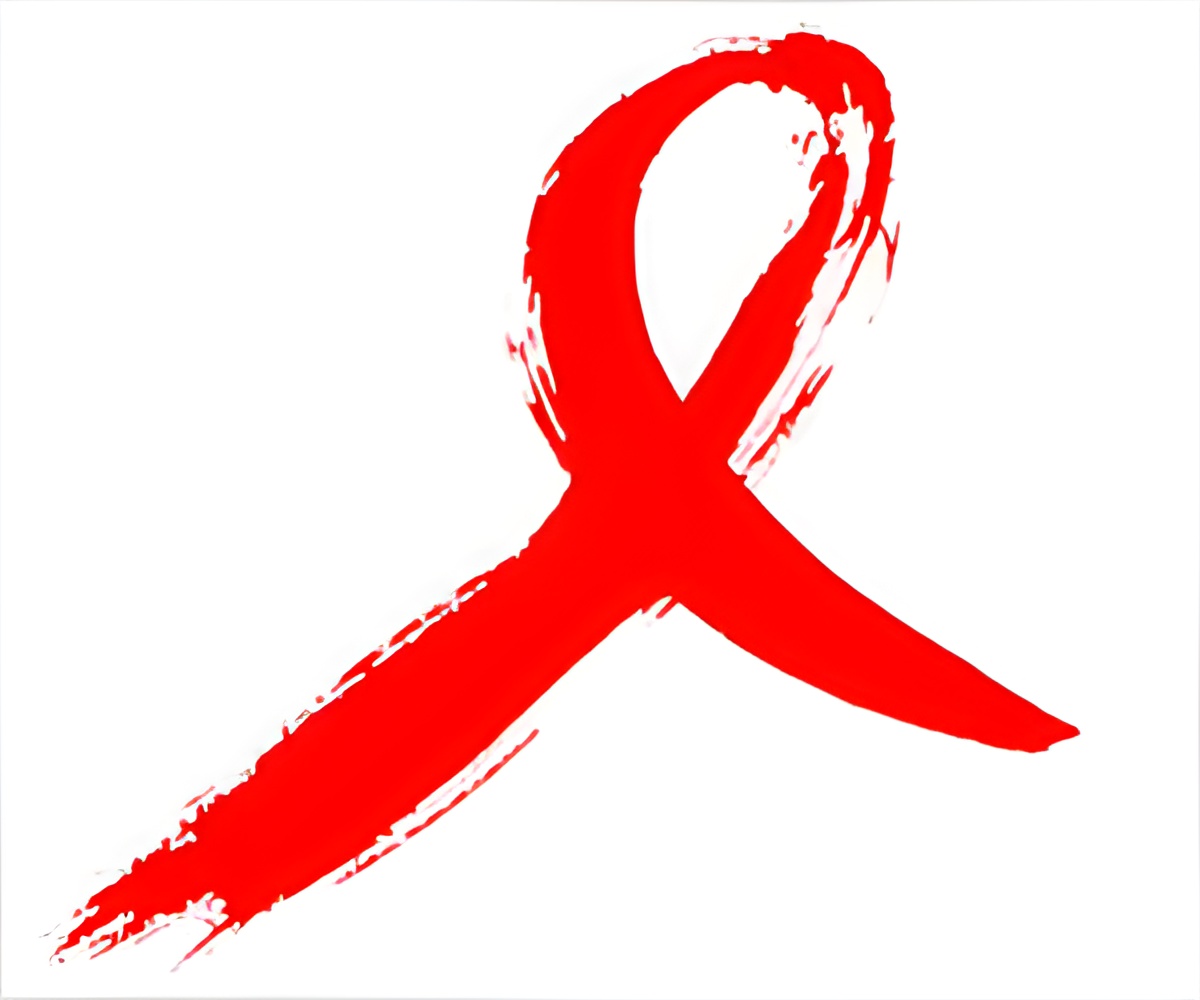
The meeting covered topics surrounding government regulations concerning AIDS patients receiving organ donations. For example, patients must undergo continual combination treatments for over six months, commonly known as the "AIDS cocktail," and must be clear of "uncontrollable cancer and severe infectious diseases."
The Medical Affairs Department will lay down the guidelines for transplants of the heart, lungs, liver, kidney, pancreas, cornea and small intestines through individual medical meetings. So far, experts have only agreed to allow patients with controlled conditions to donate organs to recipients also with controlled medical conditions.
CDC Deputy Director-General Chuang Jen-Hsiang said, ”CDC has drawn up amendments for the HIV Infection Control and Patient Rights Protection Act to allow diagnosed donors to donate to other diagnosed recipients.”
"Allowing diagnosed patients onto the transplant waiting lists, while unlikely to help a large number of patients — around 10 nationwide — is still a breakthrough for medical rights," said Lee Po-chang, TORSC Chairman.
“Patients eligible to donate organs should have their disease under control, have no trace of the disease in their bloodstream, and have well-maintained overall health conditions,” stated Lee.
“In the past, HIV/AIDS patients' health conditions could lead to deterioration in their health or even death as a result of immune repressive medications taken following transplant procedures, as HIV/AIDS patients' immune systems are much weaker,” said Lee.
"However, thanks to medical advancements, U.S. research has showed that the survival rate for HIV/AIDS patients is the same as non-HIV/AIDS patients after transplant surgery," Lee stated, explaining the reasons behind the change in regulations.
Though HIV/AIDS is labeled as a contraindication under current organ transplant regulations, patients with AIDS and other controlled diseases can donate organs under current regulations in Taiwan.
Source-Medindia















